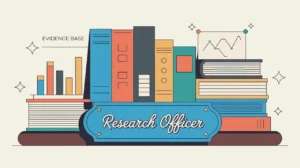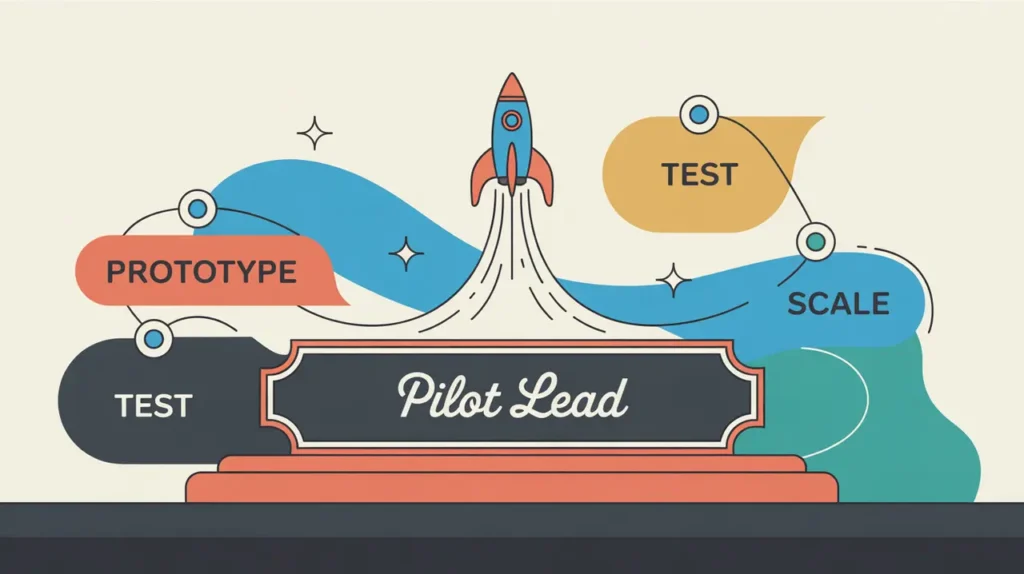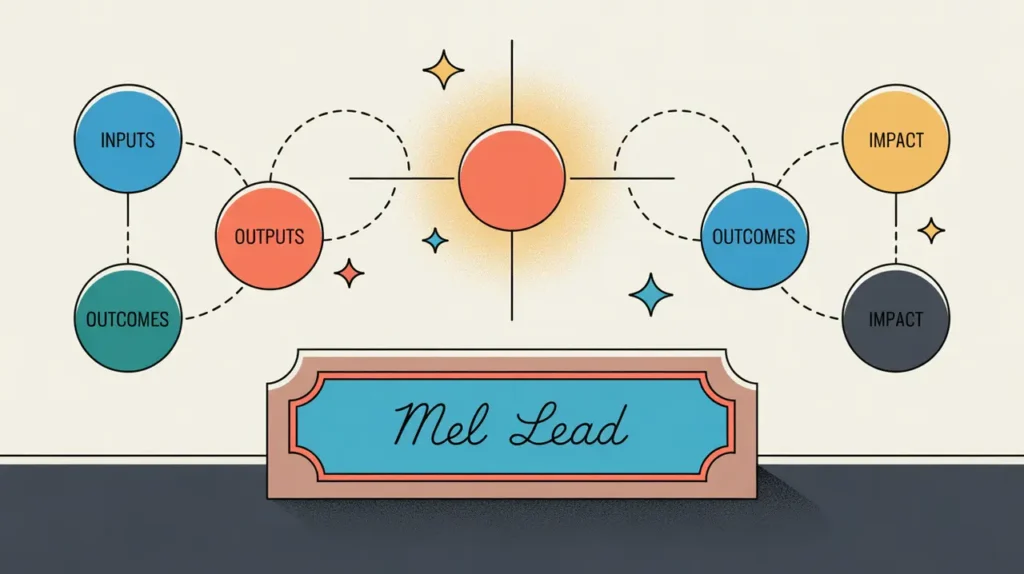What Does the MEL Specialist Role Involve?
A MEL (Monitoring, Evaluation, and Learning) specialist provides technical expertise in MEL system design, data collection, evaluation methodologies, and evidence translation. This includes contributing to MEL frameworks, designing indicators, supporting evaluations, conducting analyses, and ensuring that evidence informs strategic and operational decisions. The role typically sits within research, data, strategy, or program functions. In nonprofits and social enterprises, MEL specialists strengthen the quality and rigor of evidence systems, ensuring that programs are measurable, adaptive, and accountable to stakeholders and funders.
At What Level does this Role Operate?
Mid Level: This role typically reports to a MEL manager, MEL lead, or MEL director. It focuses on technical leadership, collaboration with program teams, and contribution to evaluation design and evidence synthesis.
Relative Employability: MEL specialist roles are widely available across nonprofits, social enterprises, international NGOs, and development agencies. As organizations seek to improve evidence quality and learning capacity, technical MEL expertise is in strong and sustained demand.
Relative Pay Scale: MEL specialist roles sit within mid-level pay bands, reflecting their technical depth, strategic importance, and contribution to program effectiveness.
What are the Key Responsibilities and Activities?
- Contribute to the design and refinement of MEL frameworks and indicators
- Lead or support data collection design, tool development, and quality assurance processes
- Conduct quantitative and qualitative analyses to generate actionable insights
- Support or lead evaluations, ensuring methodological rigor and alignment with organizational goals
- Produce reports, dashboards, and presentations for internal and external stakeholders
- Translate complex findings into clear, actionable recommendations for programs and leadership
- Collaborate with program, strategy, and research teams to integrate MEL insights into planning and decision making
- Provide technical training and capacity support on MEL tools and methods
What Core Competencies and Qualifications are Needed?
Required Qualifications and Experience
The following reflect common qualifications and experience expected for this role, while recognizing that pathways may vary by context, organization, and region.
- Academic background in social sciences, statistics, economics, public policy, development studies, or related fields, or equivalent professional experience
- Demonstrated expertise in MEL methodologies, data analysis, and evaluation design
- Experience using data collection and analysis tools, including statistical software and visualization platforms
- Strong analytical skills and ability to translate data into insights
- Excellent written and verbal communication skills for diverse audiences
- Familiarity with funder MEL requirements and relevant standards
Key Competencies
- MEL framework and indicator design
- Evaluation methodology and quality assurance
- Quantitative and qualitative analysis
- Data visualization and reporting
- Evidence translation for strategy and operations
- Technical training and capacity building
- Cross-functional collaboration
How are AI and Automation Shaping this Role?
An AI-native MEL specialist will look to AI and automation to deepen analytical work and improve methodological efficiency. They can use AI tools for advanced data cleaning, automated indicator calculation, and anomaly detection. Machine learning can help identify trends and patterns that inform program strategy, while generative AI can assist with drafting reports and synthesizing findings. By leveraging these tools, MEL specialists can focus more on methodological rigor, interpretation, and supporting strategic evidence use.
What Career Pathways and Transferable Skills are Associated with this Role?
MEL specialist roles can lead to positions such as MEL lead, MEL manager, research and insights director, or strategy lead. The skills developed in evaluation design, analysis, and evidence translation are highly transferable across nonprofits, social enterprises, development agencies, research institutions, and philanthropic organizations. This role provides a strong technical foundation for leadership positions in MEL and evidence functions.







